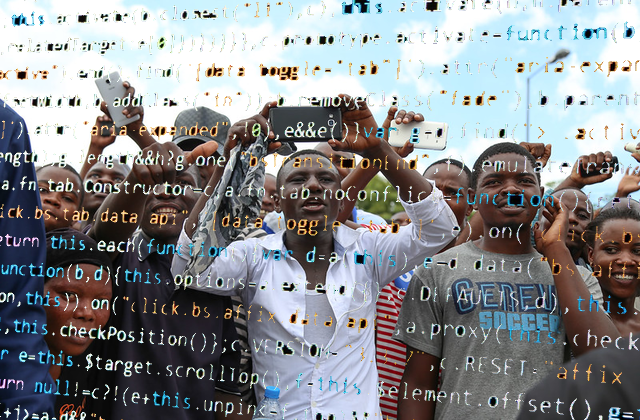Lessons Learned in Digital Development Projects
There are many lessons that have been learned from the use of ICT4D (Information and Communication Technologies for Development) to support development goals and address social and economic challenges in developing countries. Some examples include:
- The importance of context: ICTs need to be understood and used in the context of the specific social, economic, and political conditions in which they are being deployed. This means considering the needs and priorities of the communities and individuals being served, as well as the local infrastructure and resources available.
- The need for sustainability: ICT projects and initiatives need to be sustainable in order to have long-term impact. This means considering the financial, technical, and human resources required to maintain and support the use of technology over time.
- The role of partnerships: ICTD projects and initiatives often involve partnerships between different stakeholders, including governments, development organizations, private sector companies, and local communities. These partnerships need to be well-coordinated and managed in order to be effective.
- The importance of user-centered design: ICTD projects and initiatives should be designed with the needs and perspectives of the users in mind. This means considering the barriers and challenges that users may face in using technology, and designing solutions that are accessible, user-friendly, and culturally appropriate.
Overall, these lessons highlight the need to approach the use of ICTs for development in a holistic and context-specific way, in order to ensure that they are used effectively and sustainably to benefit communities and individuals.
Can We Use IVR to Improve Care of People Living with HIV and AIDS?
The last decade has seen a rise in the use of mobile phones in developing countries. In the paper, Supporting Treatment of People Living with HIV / AIDS in Resource...
Lessons Learned as the First Global Humanitarian Partner for TikTok
The IFRC / TikTok story started only 10 months ago when our Red Cross video guy and trend-spotter Damien Naylor suggested we take a look at the shiny new platform...
10 Lessons for Designing Effective Health Financing Products
Health shocks are the most prominent idiosyncratic shocks and stresses that low-income households face, particularly when they affect primary income earners as...
Two Blind Spots that Threaten Your ICT4D Project Success
One of the basic assumptions within the dominant development discourse is that new information and communication technology have a great potential for boosting...
10 Lessons Learned in Scaling Mobile Data Collection Processes
In the last decade, Mobile Data Collection has been used more and more by humanitarian and development organizations for situation analyses, project monitoring,...
5 Reasons Why Educational Laptops Were Doomed in Papua New Guinea
Back in the day, One Laptop Per Child promised a digital revolution in education. By handing out “$100 laptops” to children, and for the most part sidelining...
Fail Festival DC is Dead. Long Live Failure!
Way back in 2009, we organized a Twitter Chat on Failure with Michael Downey moderating the freewheeling discussion. Born from that conversation was Fail Faire,...
3 Lessons Learned using Machine Learning to Measure Media Quality
Moving from hype to practice is an important but challenging step for ICT4D practitioners. As the technical adviser for digital development at IREX, a global development...
9 Lessons Learned in Rolling Out Dimagi’s Mobile Device Management Pilot
Enumerators, who are people like you and I, like to download Candy Crush, Facebook, YouTube videos, mobile screen savers, to their mobile phones, and use up significant...
4 Lessons Learned Implementing the Mobile Alliance for Maternal Action Programs
The Mobile Alliance for Maternal Action (MAMA) approach uses age- and stage-based messaging directed toward pregnant women, new mothers and families to foster behavior...












